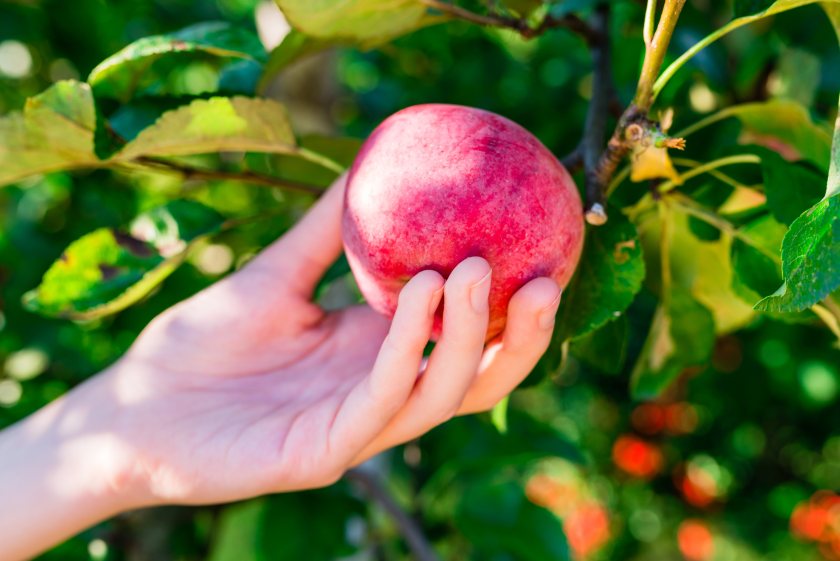
Expanding the UK’s horticulture sector to meet recommended healthy eating guidelines could deliver a £2.3 billion boost to the economy, new research reveals.
According to analysts at Green Alliance, the growth in horticulture could surpass the total economic contribution currently made by pork production.
The expansion could also create over 23,000 new jobs and raise farm incomes by 3%, the charity's report, released today (28 April), says.
To meet the guidelines, the volume of fruit and vegetables consumed in the UK would need to rise by 86%.
At present, only around a third of adults manage to eat the recommended five portions of fruit and vegetables each day.
The UK’s horticulture sector is already worth £5 billion annually, accounting for 9% of agriculture’s overall contribution to the economy, despite using less than 1% of the country’s farmland.
The report argues that it makes strong economic sense to prioritise the expansion of the sector — especially as only 16% of fruit and 50% of vegetables consumed in the UK are domestically grown.
As part this expansion, a dedicated horticultural strategy would be needed to overcome several challenges facing growers.
These include high energy costs, unfair supply chains, and a food system where retailers earn more profit from unhealthy food than from fresh produce.
Importantly, the researchers stress that expanding horticulture would not harm the UK's ability to produce other food.
They estimate that an additional 113,622 hectares would be needed to increase production by 86% — a figure smaller than the 133,000 hectares currently used to grow bioenergy crops for fuel rather than food.
Bioenergy crops, they point out, are an inefficient form of energy production, yielding 100 times less energy per hectare than solar power and relying heavily on government subsidies.
Lydia Collas, head of natural environment at Green Alliance, said the UK public needed to eat more fruit and vegetables to improve health.
"But if we don’t grow more of them here, we’ll let profitable horticulture and the jobs it could support go elsewhere," she added.
"We currently import more than half of our apples when we have everything we need to eat British apples year-round.
"If the government is serious about improving people’s health and ensuring farmers have sustainable livelihoods, it needs a horticulture strategy.”
